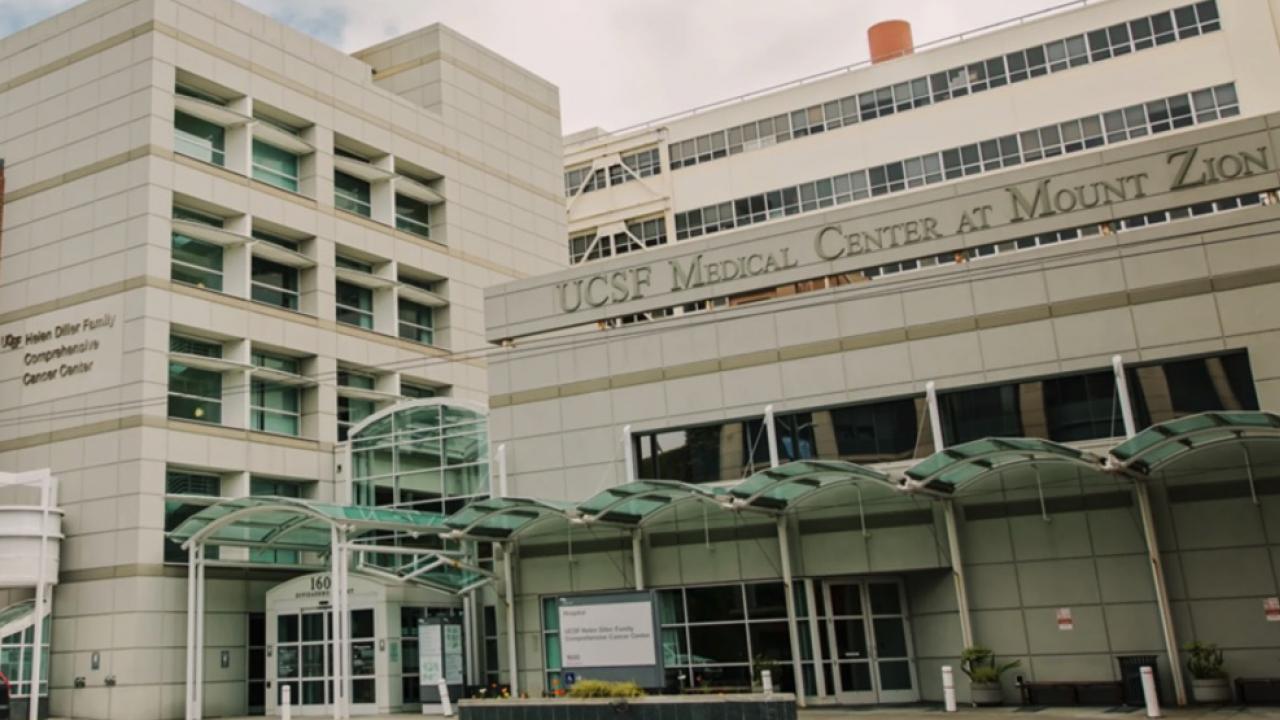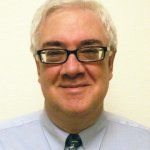
Treating precursor anal cancer lesions can significantly reduce the risk of progression to full blown anal cancer among people living with HIV, according to results of a large, phase 3 study led by researchers at UC San Francisco.
In a randomized clinical trial with 4,446 participants, known as the Anal Cancer/HSIL Outcomes Research (ANCHOR) study, researchers found that by removing high-grade squamous intraepithelial lesions (HSIL), chances of progression to anal cancer were significantly reduced.
The trial is the first to show such findings and was performed at 21 clinical sites around the United States. Results are being prepared for peer-reviewed publication and are being shared now because of the public health importance of the findings.
The study caps decades of research into the history, prevention and treatment of anal cancer and its precursors. It also provides important information for developing standard of care guidelines for people at high risk of anal cancer, including screening for and treatment of anal HSIL, said lead investigator Joel Palefsky, MD, a professor of Medicine at UCSF.
“ANCHOR data show for the first time that, like cervical cancer, anal cancer can be prevented even in high-risk populations, such as people living with HIV, who often have HSIL that can be difficult to treat,” Palefsky said. “Although the study was performed in people living with HIV, the results suggest that anal cancer prevention could be similarly possible in other groups known to be at increased risk of anal cancer, including women with a history of vulvar or cervical cancer, men who have sex with men who are HIV-negative, and men and women who have immunosuppression for reasons other than HIV infection.”

Joel Palefsky, MD
UCSF professor of Medicine
Palefsky established the world’s first clinic devoted to anal cancer prevention in 1991 at UCSF. Now known as the UCSF Anal Neoplasia Clinic Research and Education Center, it is currently based at the UCSF Medical Center at Mount Zion in San Francisco.
In the study, people living with HIV aged 35 years and older who had the precursor lesion were randomized into two groups: treatment of the lesion or active monitoring of the lesion without treatment.